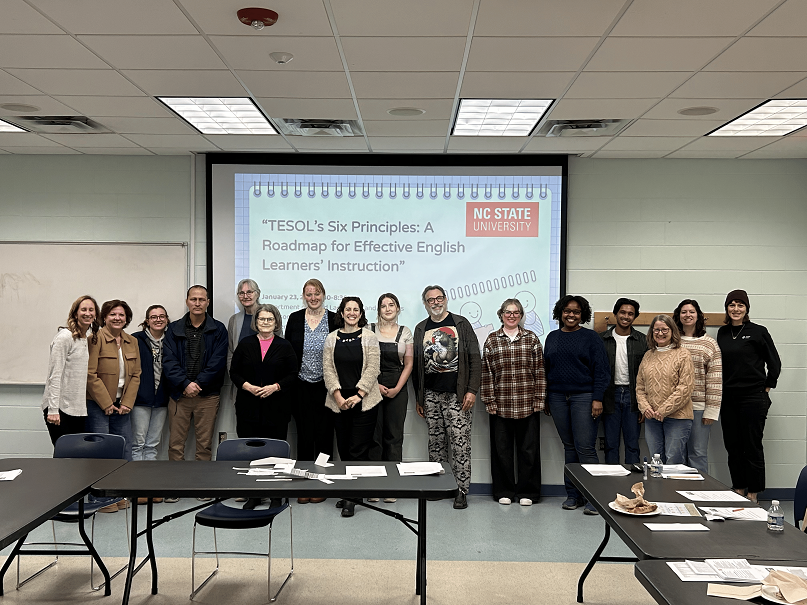Catalonia 1-O Spain?
The long process of confrontation and mutual distancing between the Catalan autonomous government —the Generalitat— and the government of Spain is entering a new stage, as preparations continue for the October 1st Catalan independence referendum (the 1-O, as it is often called in Spain). While the Spanish Tribunal Constitucional (Constitutional Court) has declared the unilaterally-convened referendum illegal, the Generalitat has stated its intentions to go ahead with it, risking what much of the Spanish media has described as an imminent, perhaps unavoidable choque de trenes (two-train collision). At this point it looks increasingly unlikely that the referendum will take place, given the multi-pronged deterrence mechanisms the central Spanish government has started to deploy; but whether it ends up happening or not, tensions are sure to keep growing in the two weeks remaining until October 1st.

The Generalitat is currently controlled by a pro-independence, three-party coalition formed by the Partit Demòcrata Europeu Català (PDeCAT), Esquerra Republicana de Catalunya (ERC), and the Candidatura de Unidad Popular (CUP). Taking advantage of its narrow parliamentary majority, the coalition agreed to call the referendum against the opposition expressed by the rest of the parties. Most extreme among those are the conservative PPC and Ciutadans parties, who vigorously oppose any changes to the territorial organization of Spain or to the status of Catalonia. The moderate social-democrat PSC promotes the creation of a Catalan state within a future federal Spain but is against Catalonia’s secession. Parties to the left of the PSC (other than the CUP) vary in their positions toward the 1-O referendum and toward Catalan independence; most notable among those parties, Catalunya en Comú does not support Catalan independence but acknowledges the right of Catalans to decide their own future.
If the Catalan parliament is almost evenly divided on the issue of independence, so is the electorate, with most polls currently giving only a slight advantage to the non-independence supporters. Nevertheless, it is undisputable that, should the referendum take place and votes get counted, the YES option would obtain a solid victory, the reason being that participation among pro-independence supporters would be near 100% whereas the rest of the electorate would be divided between NO votes and abstentions; such was the case with the so-called “participation process” of November 9th, 2014, when participation as low as 37% allowed the YES option to prevail with a spectacular 80% of the votes that in fact only represented 32% of the electorate. The independentists understand that in order for their victory in the 1-O to have any significance, participation must be higher than that, and therefore are encouraging everyone, especially those who intend to vote NO, to go to the polls (you may read more on this particular question in my latest article in Spanish at Eurogaceta)
While a victory of the YES option would be certain, it would be extremely difficult to know what to make of the results. A range of motivations and reasons may lead a voter of any party affiliation (or no affiliation) to vote YES or NO or to abstain from participating. Naturally, a considerable but undetermined proportion of the YES votes would come from the hardcore independentists for whom independence is the only, nonnegotiable, irrenunciable option; but as recent polls, questionnaires and media interviews suggest, many non-secessionist Catalans might vote YES, knowing that this unilateral, non state-sanctioned referendum is fundamentally a symbolic gesture; for them, a clear YES victory would serve to send a strong message to the Spanish government and would put pressure on it to take the Catalan plight seriously. In fact, many Catalans would vote YES primarily as a way of protesting against the extreme right-wing, deeply corrupt government of the PP and Spanish prime minister, Mariano Rajoy.
As for the negative votes and the abstentions, they too could be the result of a range of views and goals: as has been amply reported by the media, many Catalans of various sides of the spectrum support Catalonia’s right to decide its own future but are unhappy with a referendum that is unilateral, has been pushed through in a less than democratic manner, is not approved by the Spanish state, and has not been recognized by any international body or democratic government anywhere, and therefore is not going to carry any political weight. By voting NO or abstaining, those sectors of the electorate would be expressing their protest against a process that, in their view, has been conducted in a clumsy, too rushed, shortsighted way.

Many other Catalans would vote NO, vote blank, or abstain as a way of expressing their dissatisfaction with what they consider the manichean, “all or nothing” approach imposed by the Generalitat government, which refuses to consider other, possibly more practical or more realistic options. Such options may include pursuing a constitutional amendment that would allow for a transformation of Spain into a federal state, which is the route proposed by the PSC in Catalonia and the PSOE in the rest of Spain; the creation of a special fiscal pact for Catalonia along the lines of the one enjoyed by the Basque Country; a new, completely revised Estatut (Statute of Autonomy) and perhaps a thorough re-design of Spain’s territorial administration system; or other possibilities as yet unexplored. Indeed, there is also a reduced sector of the electorate for whom Spain’s “unity” and the preservation of the current status quo is as nonnegotiable as Catalan independence is for those on the other pole of the spectrum.
On the whole, it is clear that the pool of YES’s, NOs, blank votes, and abstentions would be very far from constituting homogeneous groups. Thus, interpreting the YES victory as an unambiguous support for Catalan independence, or reading a high number of NOs and abstentions plainly as a rejection of the Catalan government’s independentist aspirations might be an oversimplification and indeed a mistake.
Against the almost obsessive preoccupation with the 1-O both by the media and the political parties, very little attention has been paid to what may happen on 2-O and beyond. It is almost as if the tree of the referendum —a tree that is not even a real one but an undefined, unconfirmed image— is hindering many people inside and outside of Catalonia from focusing on the forest of the long-term Spanish-Catalan relations as well as on the relations between Catalans of different political and cultural sensitivities. As we get closer to October 1st, the picture of the referendum will become better defined; as for the broader picture, we will have to wait longer.
Jordi Marí is Professor of Hispanic Studies & Film Studies in the Department of Foreign Languages & Literatures at NC State. He focuses mostly on contemporary Spanish culture, prose fiction, and film, as well as on the relations between Spain and the United States.
The opinions, beliefs and viewpoints expressed by guest authors and contributors on this web site do not necessarily reflect the opinions, beliefs and viewpoints of neither the Department of Foreign Languages and Literatures nor NC State University.
- Categories:


